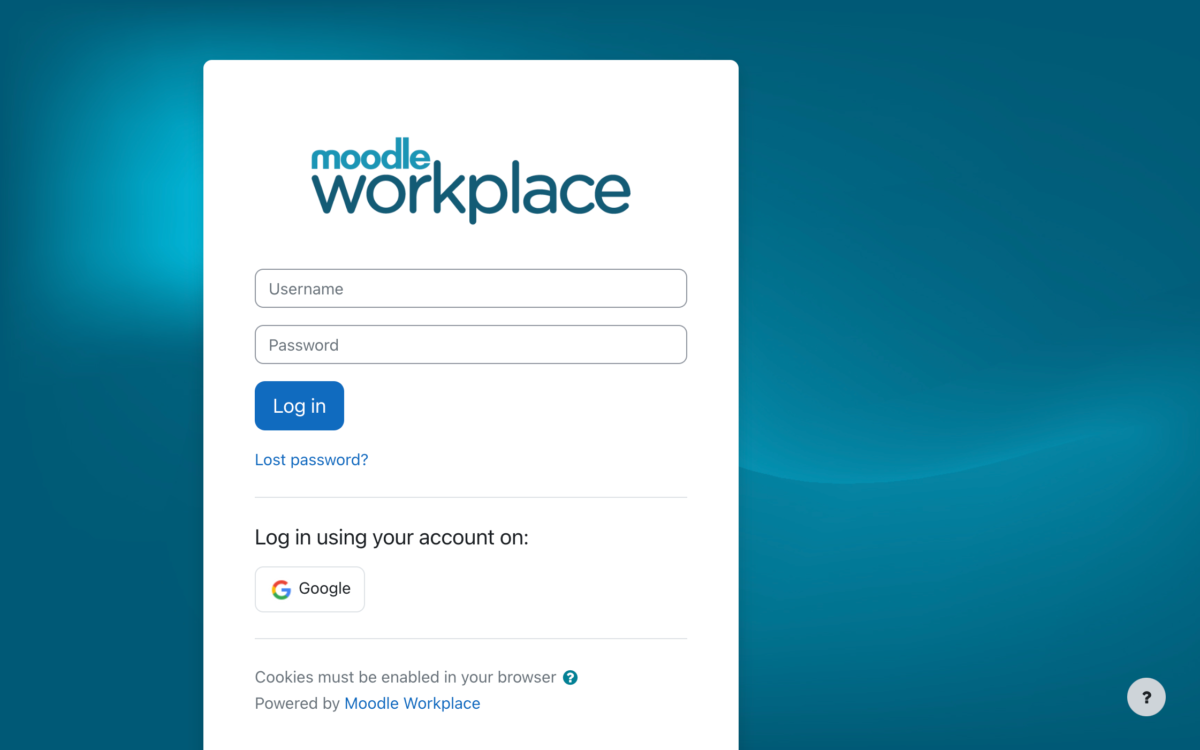The current global economic and political climate has cast a cloud of uncertainty over governments, businesses, consumers and households. As the situation deteriorates, organisations scrutinise their bottom lines and seek ways to save money.
Areas in which budget cuts are made can reveal a lot about an organisation’s culture. For example, organisations which view learning and development (L&D) as an overhead will regard it as a cost that may be cut for immediate savings. Cutting such expenses as a long term solution can actually weaken the organisation’s human capital – in a robust economy, no organisation wants to discover that they have been outsmarted by competitors or lost business due to their short term cost cutting measures.
Organisations increasingly consider online learning as an innovative and flexible way to deliver both formal and informal training. Furthermore, employers believe this is a cost-effective solution for the delivery of tailored learning which empowers staff to better control their own learning.
Periods of uncertainty offer exceptional opportunities to plan strategically for the future. Organisational training, redeployment and compliance programmes, should be planned and budgeted for in advance. In particular, it is timely for organisations to focus on empowering their most important assets, their people and technology infrastructure, both of which enable organisations to reshape market ecosystems and establish a sustainable competitive advantage.
Organisations that are committed to L&D as a business strategy, especially those that have the mechanisms in place to measure their return on investment, are more likely to protect training programmes, and may even increase their efforts to train and develop staff. This is because ensuring that employees have the knowledge, skills, and intellectual flexibility to succeed in a rapidly changing and competitive environment makes excellent business sense and will consequently deliver benefits in good and bad times.
Importantly, even in the current economic downturn, the majority of employers should plan to increase their organisation’s use of e-learning as a tool for staff training over the next two years. Organisations can expect their L&D investment to save them money, attract new business, meanwhile increasing the skills and productivity of its staff.







